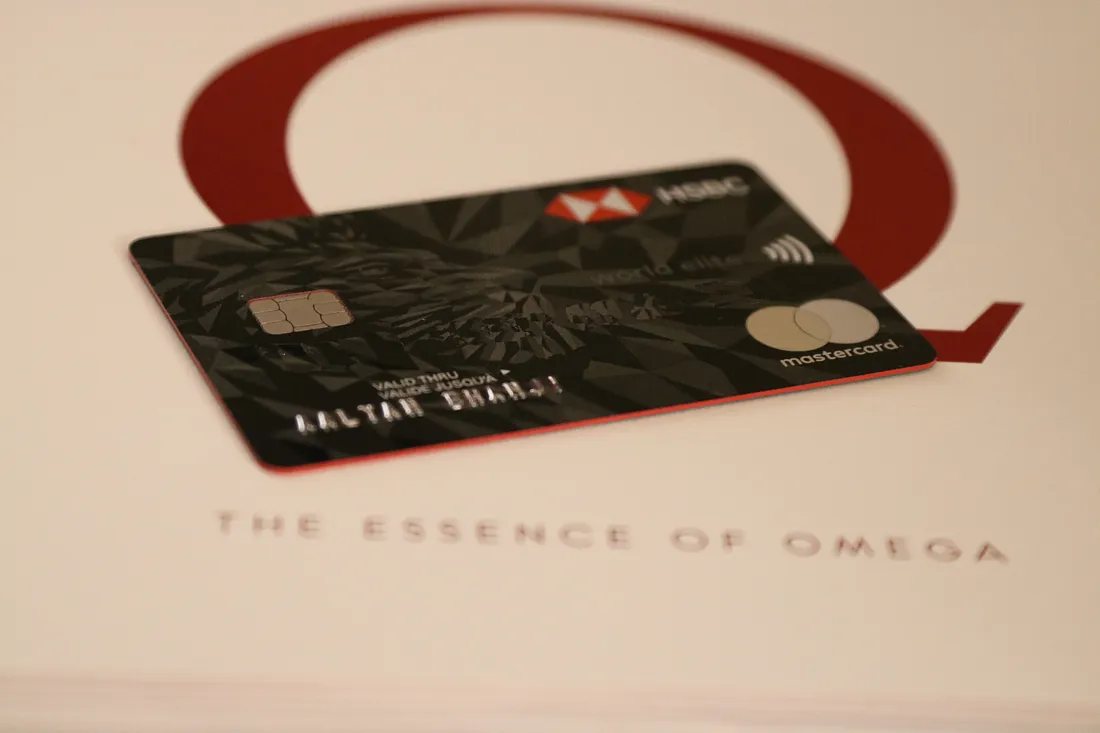The HSBC World Elite Mastercard is a premium credit card that promises a world of benefits and perks for travelers. In this article, we’ll delve into some of the changes that took effect this month, as well the card’s rewards program, travel benefits, and fees, to give you a better understanding of what the HSBC World Elite Mastercard has to offer, and whether or not it’s the right card for you.
Rewards
Let’s start with the earn-rate. With the changes this month, you’ll earn HSBC Rewards Points at the multipliers of:
- 6X — Travel
- 4X — Gas, Grocery, Drugstore
- 2X — Everything Else
On first glance, this looks incredible, but it is important to remember that the points are worth 0.5 cents/point when redeemed against any travel purchase. This makes the effective earn rate on the card:
- 3% — Travel
- 2% — Gas, Grocery, Drugstore
- 1% — Everything Else
The departure from the 1.5% base earn rate is a little frustrating for those who used this card for their uncategorized spend, but the addition of more categories puts it more in-line with the offerings offered by other financial institutions.
How to use the points
Once you’ve accumulated 25,000 points, you can start to redeem them against travel purchases, or transfer them out to HSBC’s Airline partners:
Redeem Against Travel — 25,000 points = $125
Singapore Airlines KrisFlyer — 25,000 points = 9,000 KrisFlyer Miles
British Airways Avios — 25,000 points = 10,000 Avios
Cathay Pacific — 25,000 points = 8,000 Asia Miles
The most attractive of these is Singapore Airlines’ KrisFlyer program, as HSBC’s Asian links make it the only bank in Canada that can transfer to the KrisFlyer program. Luckily, as of December, you have been able to book Singapore award tickets through Air Canada’s Aeroplan program — although generally at a slightly higher price point.
Unfortunately, you need at least 25,000 points to start redeeming or transferring, and it goes up at increments of 10,000 points, making it a little tricky if you only want to transfer an amount in between the two, such as 30,000 points.
Benefits
In addition to its unique rewards program, the HSBC World Elite Mastercard offers a number of benefits for travelers.
The main draw is that there is no 2.5% foreign transaction fee on any purchases made in foreign currencies, this is a godsend in Europe and the US — saving you $25 on every $1,000 CAD you spend in foreign currency.
Sticking with the travel related perks, there is also a $100 Annual Travel Credit that can be used for travel purchases to help offset the annual fee.
Additionally, cardholders receive access to over 1,000 airport lounges through the LoungeKey program, providing a comfortable place to relax and work before your flight, although there are no complimentary visits, so you still need to pay $32 USD per entry.
On the insurance side of things
The card offers travel insurance, which can provide coverage for things like trip cancellations, lost luggage, and medical emergencies while you’re traveling. For further information on this, you can consult the insurance certificate for this card.
Another great benefit of the HSBC World Elite Mastercard is the $1,000 Mobile Device insurance, which is finally becoming commonplace in the Canadian market.
Annual Fees
The HSBC World Elite Mastercard has a $149 annual fee, which is in-line with other “premium” travel cards. For those wanting to test the waters, the annual fee is waived for the first year, letting you try out some of the benefits without committing to paying right out of the gate.
If you’re an international traveller, the card pays for itself pretty quick. The $100 annual travel credit drops the net annual fee to $49, and spending $2,000 in foreign currency saves you 2.5%, or $50. Making this card effectively free, without too much effort. It’s also important to note the income requirement ($80,000 for individuals, and $150,000 for households).
Conclusion
Even though the changes to the HSBC World Elite Mastercard made it slightly less competitive in our opinion, it remains a great choice for those who are looking for a premium travel card, especially for those who venture outside Canada.
For general spending, or for individuals who travel within Canada, we would probably recommend the Amex Cobalt, or any core tier Aeroplan card.
While we don’t know what the future holds in terms of HSBC’s portfolio once the RBC acquisition is finalized, there is still some time to take advantage of these perks.


Leave a Reply